This February, the W.K. Kellogg Foundation’s Black affinity group, Mizizi, honors the centuries-long tradition of community giving and mutual aid within Black communities. Their stories highlight how, for many of our staff members, philanthropy is a commitment and personal practice that extends well beyond the workday and is rooted in both Black history and family tradition.
Staff are invited to voluntarily participate in affinity groups, which are a big part of WKKF’s racial equity journey. They promote and honor the wisdom, experience and histories of people of color, foster community participation and offer opportunities for advancement through peer mentoring.
Philanthropist doesn’t mean "big check writer"
with Ciara Coleman
Ciara Coleman is a program manager on our U.S. Southern team and is based in New Orleans, Louisiana. She founded her own community giving circle, where the women in her life join forces to support Black women-led organizations.
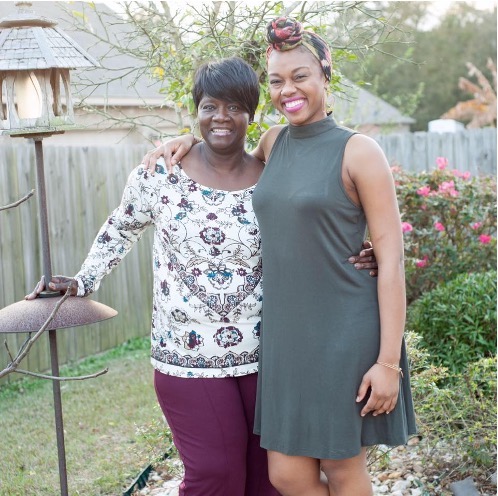
Are there elders in your family or members who demonstrated the value of giving earlier in your life?
My late grandmother, Bobby Jean Jackson was my first real-life example of a philanthropist even before I knew what the word meant. She was truly an angel on earth. She was a servant leader who dedicated her life as a registered nurse to helping people. I watched her give to family, friends, co-workers, neighbors and the like. Whether it was making a dish, a financial contribution or volunteering, she was there. When she passed, I heard countless stories of how she exuded love to others. Her legacy is one of ruthless generosity, love and kindness and it is her legacy that I strive to emulate.
What inspires you from the rich history of community-based giving and mutual aid within Black communities?
There is a rich, deep legacy of Black philanthropy that is rooted in community, creativity and shared humanity. Examples like Ms. Leah Chase hosting civil rights activists at her New Orleans restaurant called Dooky Chase to ensure they were fed and well-nourished, church members raising funds for local community members in need, or giving back to an HBCU are just a few ways in which giving is represented in our legacy. I am inspired by these everyday acts of giving, love and hope.
How are you involved in community-based giving? Are you part of a giving circle or another type of initiative in your local community?
In March 2021, I founded a giving circle called Geaux (Go) Girl Giving. We are a Black women-led collective that supports Black women and girls across the New Orleans region. We pool our personal resources and distribute (no strings attached) $1,000 grants to Black women-led nonprofits. Thus far we have supported six Black women-led organizations. We are a proven model that community-based giving is impactful, and we hope to influence others, including institutional philanthropy, to think creatively and innovatively about partnering with the community.
What community is served by your collective giving efforts?
Geaux Girl Giving harnesses the collective power of Black women. Our giving is a way to fill a gap that exists in our community. A report by MS Foundation found that of the $356 million from foundations available for women and girls of color in 2017, less than $15 million was specified as benefitting Black women and girls – that’s about 4.2%. These organizations too often do more with less, but our goal is to ensure they are adequately resourced to continue to do the important work with a bit less burden.
There is a rich, deep legacy of Black philanthropy that is rooted in community, creativity and shared humanity.
Ciara Coleman
Who do you give alongside? What brought this group together?
As the African adage says, “if you want to go fast, go alone, but if you want to go far, go together.” I give alongside my friends and family because the impact we have collectively is far greater than anything we can do individually. That is also why I love the concept of giving circles and collective generosity.
I’ve had many people tell me that they don’t think their giving is philanthropic or enough because it’s smaller than the gifts that we see in the headlines, yet my response is that everyone is a philanthropist. Philanthropy, deriving from the Greek word philein, not big check writer.
Would you say you mostly give financial resources, time, talent or donations of goods?
I give in all ways possible. From donating gently worn clothes to women’s shelters, to making financial contributions to organizations and causes I care about. Every December, I partner with a local business to collect hygiene products, winter wear and feminine products to distribute to the homeless population and local women-based organizations across the city.
Working for a major foundation, you could easily say you “gave at the office.” Why is it important to you personally for your giving to extend beyond your professional life?
I’ve always had an altruistic spirit and I come from a lineage of givers and philanthropists; the practice of giving was instilled in me at a very young age. I not only see giving as a necessity, but rather something that is embedded in my DNA. I have countless memories of family, neighbors and friends that have poured into my life and I wish to do that for others. My grandmother always told me: “whatever you do, do it in love,” so the linkage to philanthropy comes naturally.
Helping others create change
with Yolanda Lyles Johnson
Yolanda Lyles Johnson is a program manager on our Michigan team, primarily serving Detroit. She is involved in community-based giving in Detroit, Hamtramck and Highland Park, Mich. She also gives through the ministries of Christian Love Fellowship, where she’s been a member for 21 years. Christian Love Fellowship is located in an underserved community in Ypsilanti, Mich. and works regularly to address the needs of residents – basic, educational and material. Lyles Johnson also offers her twenty years of experience in fund development to nonprofit boards that focus on underserved communities and communities of color in Detroit.
Are there elders in your family or mentors who demonstrated the value of giving early in your life?
My model for giving was my mother, Ethel Hardaway Lyles. Though I was only blessed to have my mother for 14 years of my life, she managed to make a huge impact on me just by the example of the life she led. She was a generous woman who believed in education and helping others and she lived that life.
She was a single mother of meager means, but she was always giving to help others. Usually, her giving was in the form of making meals for others who were sick or disabled, or giving rides or running errands for them. My mother did not have a lot of money, but she gave all she had to others who needed it with great love and care. This example spoke volumes to me without her ever preaching about giving to others.
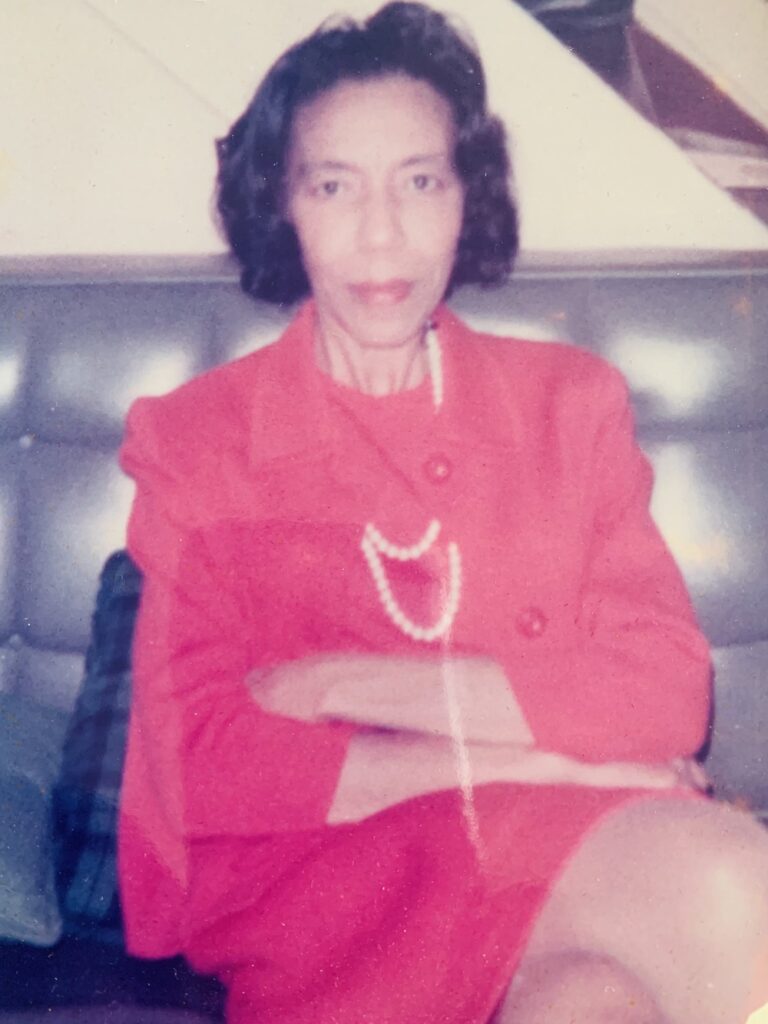
One of my greatest dreams is to establish a scholarship program at my high school – Hamtramck High – in her name to honor her and help provide for future generations.
What inspires you from the rich history of community-based giving and mutual aid within Black communities?
I am inspired to use all that I have learned to help others to make the changes they want to see. I enjoy working with and for individuals who are establishing nonprofits to impact change, and to specifically help them build a solid foundation in order for their organization to seek funding for their efforts. I am inspired to see Black people make the change they want and deserve. Giving money is one way to achieve this, but ‘teaching a person how to fish’ could make a significant difference. I want to share what I have learned (and am continuing to learn) so others can pay it forward.
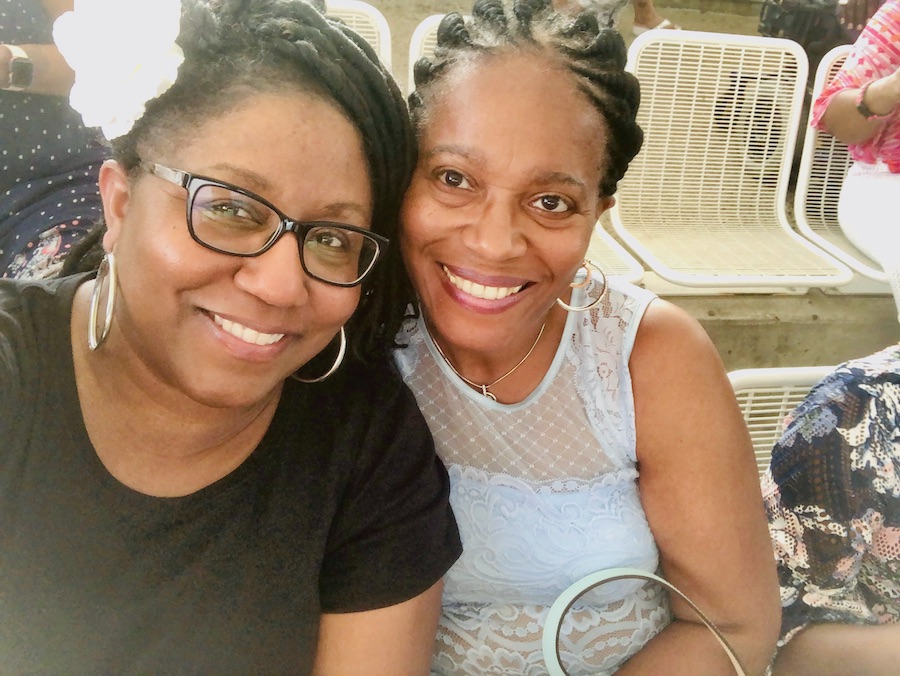
I think it is critical for people of color to give to communities of color and underserved communities. We are standing on the shoulders of so many who paid the price for us, so we should feel a desire to give to these communities
Yolanda Lyles Johnson
Would you say you mostly give financial resources, time, talent or through donation of goods?
I would say I give all four. As a church member, I am a regular giver to the various outreach ministries of the church. And, these are the main requirements of any board member: time, talent and treasure. I also provide fund development trainings for nonprofit boards so these ‘three Ts’ are etched in my DNA.
Who do you give alongside?
I primarily give alongside my fellow church community members, but I often invite friends and family to get involved with fundraising efforts. They are used to me asking by now and they are often very supportive.
Working for a major foundation, you could easily say you “gave at the office.” Why is it important to you personally for your giving to extend beyond your professional life?
I think it is critical for people of color to give to communities of color and underserved communities. We are standing on the shoulders of so many who paid the price for us, so we should feel a desire to give to these communities. Getting paid to give is not the same as sacrificial giving.

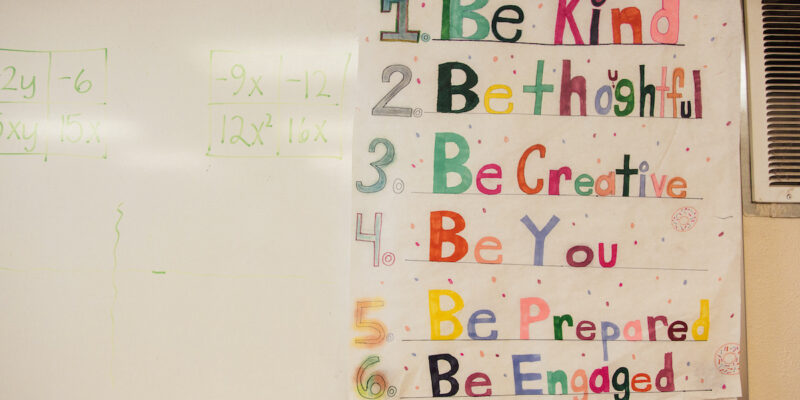
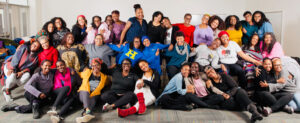
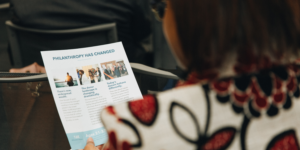
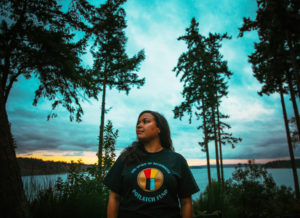
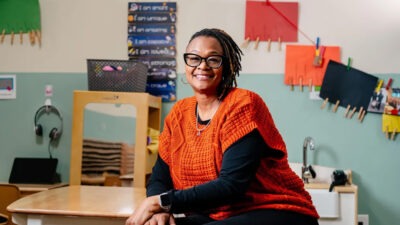
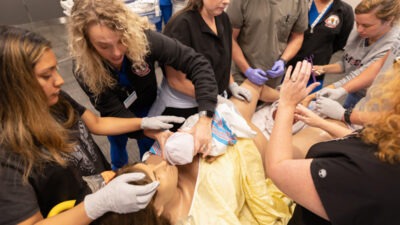
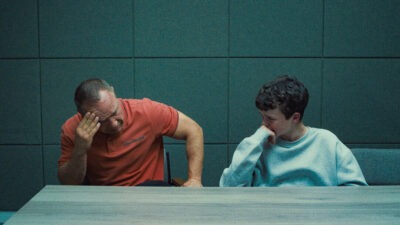
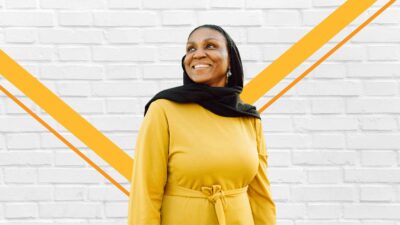
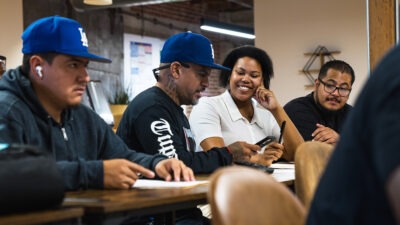

Comments